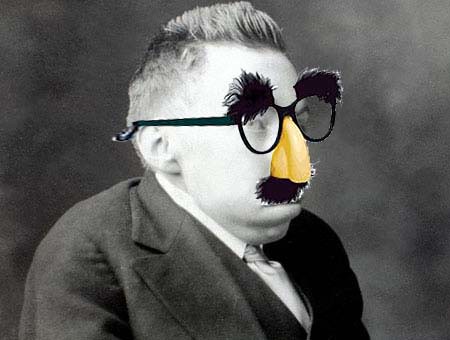According to Brett Milano's book, not even close. For one thing, the average subject Milano profiles has over 10,000. For another, I've never really cared about first pressings vs. cheap-o reissues, one of the most common obsessions of even the average collector. So I guess I'm just a guy with a lot of records. Right?
Sort of. One of the main questions this book made me consider about my own collection is the total duration of music I own. If I round down to 1,000 (and believe me, it may be close but it's definitely more) and assume an average of 30 minutes per (a highly conservative estimate), that puts me at 500 hours of vinyl music. If I offset the rounding down by assuming 20 hours in a day, that's about 25 days of music. Milano met with collectors who own over 100,000 records, which comes out to about seven years of constant listening without sleep. These guys know they will never listen to all of their records. Although who knows, ten years with sleep breaks... ?
It's hard to figure out whom Milano imagined as the audience for his book, other than minor league collectors like myself. Is there a general audience for books about lunatics of all stripes? Perhaps. How many other people would have the same reaction upon first picking up the book that I did? The cover photo is a close-up of a bunch of record spines; naturally I immediately began checking out the guy's (or gal's; more on that) collection. The first Suede album! On vinyl! Next to the Byrne/Eno record? Poorly alphabetised.
The book is divided in to chapters about various aspects of collecting, all of which are given a once-over. There's a chapter on people who collect truly weird records (including the guy who used to be the force behind Letterman's "Dave's Record Collection" segments). There's a section on the lack of female record collectors, as well as the lack of girlfriends amongst collectors. There are several stories of collectors paying exorbitant four-figure sums for records they already own as CD or cassette dubs. And there are numerous profiles of celebrity musician collectors (Thurston Moore, Peter Buck, Mark Arm).
All of them are interesting, but none of them are particularly in-depth. On the other hand, what more can be said about these guys? Milano makes a valiant attempt to offer a psychological explanation for the collecting urge (seratonin deficiency), but for the most part the book is just a bunch of amusing anecdotes.
I was initially going to cite this as a major flaw in the book when I started writing this piece. But the more I think about it, I'm not sure what else I would have wanted from the book. Milano lives in Boston and is something of a fixture on the city's music scene. Many of his interview subjects are based in Boston, which initially made me think the book's scope was a bit narrow, but really, how many other collectors around the country would be so different from the subjects profiled here? My guess is not many.
The book is basically a quick read with a bunch of amusing stories and not much else, and maybe that's all an outsider can really appreciate about collecting. It won't change the world, but neither will its subjects. It's an ultimately meaningless little subculture, but aren't they all?
One more positive note: the book's design, featuring old records with the chapter titles Photoshopped in over vintage record labels at the start of each chapter, is terrific.

No comments:
Post a Comment